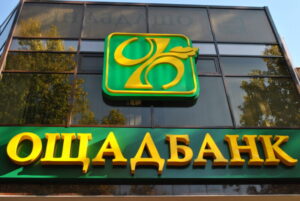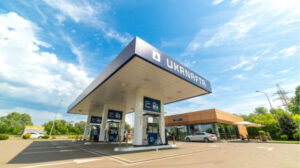Rolls-Royce has reported a 50% rise in half-year profits as strong demand for its jet engines and power generators for AI datacentres solidified its turnaround efforts.
The British jet-engine maker said underlying operating profits climbed to £1.7bn in the first six months of 2025, from £1.1bn during the same period last year, in an earnings update that helped push the company’s shares to a fresh all-time high.
The strong half-year results meant the manufacturer, whose main operations are in Derby, was able to raise its profit forecast for the year from a range of £2.7bn-£2.9bn to £3.1bn-£3.2bn.
Rolls-Royce, which makes engines used in large Boeing and Airbus planes, said its earnings were driven in part by strong demand for its large engines business. It has also been helped by the boom in weapons spending since Russia’s invasion of Ukraine, with Rolls-Royce a key supplier of engines for fighter jets.
Its power systems business had a significant increase in interest from datacentres, which the chief executive, Tufan Erginbilgiç, confirmed was linked to the boom in artificial intelligence.
Orders for datacentres rose by 85% compared with last year. The company expects a 20% increase in datacentre orders every year to 2030, having forecast annual growth of 15-17% as recently as February.
The results helped propel Rolls-Royce’s shares up 10.5% on Thursday morning to a record high of £11.085, driving the company’s valuation above £90bn for the first time. In October 2020, the first year of the Covid-19 pandemic, its share price fell below 40p.
Its valuation has nearly doubled during 2025 and it is the fifth most valuable company on the London Stock Exchange. Rolls-Royce’s rally helped to power the FTSE 100 index of blue-chip shares to a record intraday high of 9,190 points on Thursday morning.
The company’s turnaround has been a triumph for Erginbilgiç, who ruffled feathers on taking over the business in 2023 by saying it was on a “burning platform”.
Since then he has cut costs and pushed customers to pay more for its products through renegotiating contracts for maintaining jet engines that go on wide-body planes such as the Airbus A350 and Boeing 787.
The company received a recent boost from the UK government’s decision to choose it to deliver the first small modular nuclear reactors (SMRs) – factory-produced nuclear power stations that aim to cut costs.
Rolls-Royce said the SMR business, which it hopes could eventually be bigger than the existing revenues, should be “profitable and free cashflow positive by 2030”, before delivery of the first SMRs a couple of years later.
Sourse: https://www.theguardian.com/business/2025/jul/31/rolls-royce-profits-jet-engines-shares










